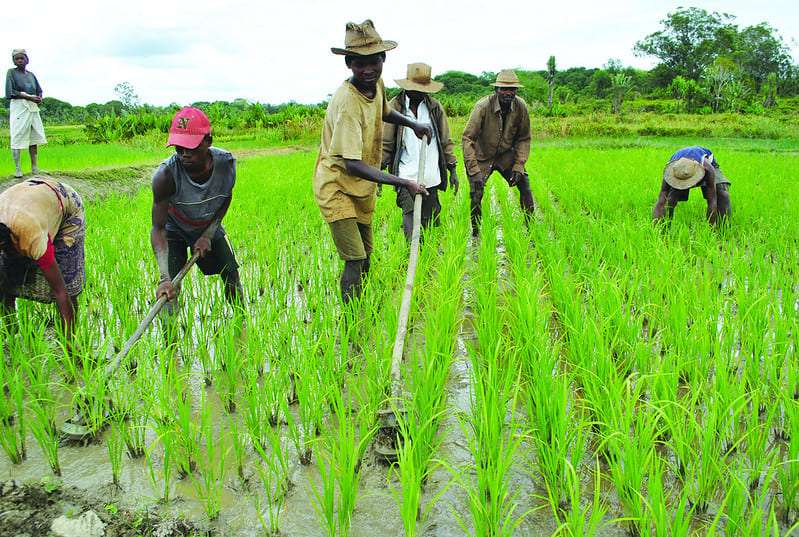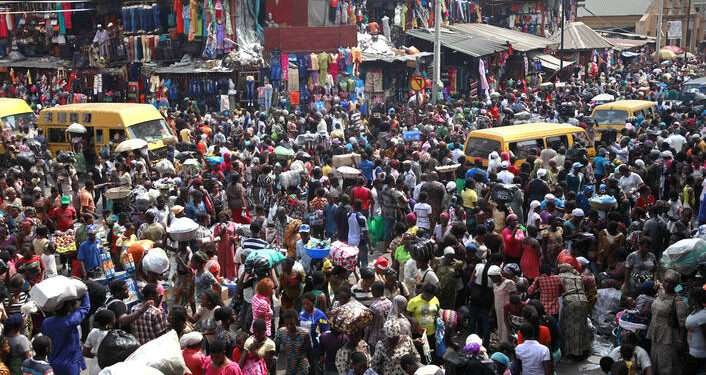Agriculture and agribusiness stakeholders across Ghana have extended their heartfelt congratulations to President-elect John Dramani Mahama and the leadership of the National Democratic Congress (NDC) on their victory in the 2024 presidential elections.
This win has been hailed as a testament to the trust Ghanaians have placed in his ability to alleviate the challenges they face and restore hope amid economic hardships.
In a statement jointly issued by notable groups such as the Ghana Coalition of Grains and Legume Farmers, Soya Value Chain Association of Ghana, Peasant Farmers Association of Ghana, Ghana Association of Agro-inputs, Mechanisation Service Providers, Ghana National Association of Cattle Farmers, Farmer Cooperative Network of Ghana, and Women in Livestock Value Chain, the stakeholders pledged their support to the incoming administration.
As major contributors to Ghana’s agricultural sector, the stakeholders emphasized the critical role agriculture plays in driving the national economy and ensuring food security. “Your victory reflects the trust Ghanaians have in your ability to alleviate their suffering and restore hope following the mismanagement of critical poverty alleviation projects,” the statement noted.
The groups expressed optimism that the incoming administration would prioritize agriculture, addressing its challenges while fostering sustainable growth. They pledged their readiness to collaborate with the government to develop practical solutions for the sector’s advancement.
Highlighting Pressing Concerns
The statement also highlighted pressing issues within Ghana’s agricultural landscape, calling for decisive action. It pointed out that key initiatives such as the Planting for Food and Jobs, One Village, One Dam, and efforts to mitigate the impact of illegal mining (galamsey) on farmlands and water bodies had underperformed due to poor implementation and corruption.
“In recent years, we have observed high levels of corruption and poor execution of agricultural programmes, which have led to disappointing results. These shortcomings have hindered farmers and agribusiness operators from achieving their full potential,” the statement emphasized.
The stakeholders urged the President-elect to ensure that agricultural policies under his administration are well-designed, inclusive, and effectively executed. “Ghanaian farmers and agribusiness operators deserve policies and projects that genuinely empower and uplift them,” the group asserted.
Key Expectations from the Mahama Administration
The stakeholders called for the appointment of a Minister of Agriculture with integrity, expertise, and a deep understanding of the sector. They emphasized the need for leadership that prioritizes the collective interest of farmers and agribusiness operators over personal gain.
The group also expressed hope that future agricultural initiatives would address key challenges such as access to credit, modern mechanization, climate change adaptation, and market access. By tackling these challenges head-on, the government can create a robust agricultural sector that contributes significantly to economic growth and food security.
The stakeholders reiterated their commitment to collaborating with the new administration to achieve its agricultural goals. They expressed confidence that a government led by John Dramani Mahama would restore trust in agricultural policies and chart a new path for the sector’s development.
The group’s call for action underscores the importance of agriculture in Ghana’s economic recovery and the critical role of sound governance in achieving sustainable outcomes.
As the Mahama administration prepares to take office, the agricultural sector looks forward to policies and initiatives that address its long-standing issues while setting a solid foundation for growth. By working hand-in-hand with key stakeholders, the incoming government has the opportunity to transform the agricultural landscape and enhance the livelihoods of millions of Ghanaians.
With a renewed focus on agriculture, the Mahama administration has the potential to reposition the sector as a cornerstone of Ghana’s economic development. The stakeholders’ willingness to collaborate signals a shared commitment to achieving these goals for the benefit of the nation.
READ ALSO: Ghana and Sub-Saharan Africa Gear Up for Renewed Fiscal Discipline in 2025





















